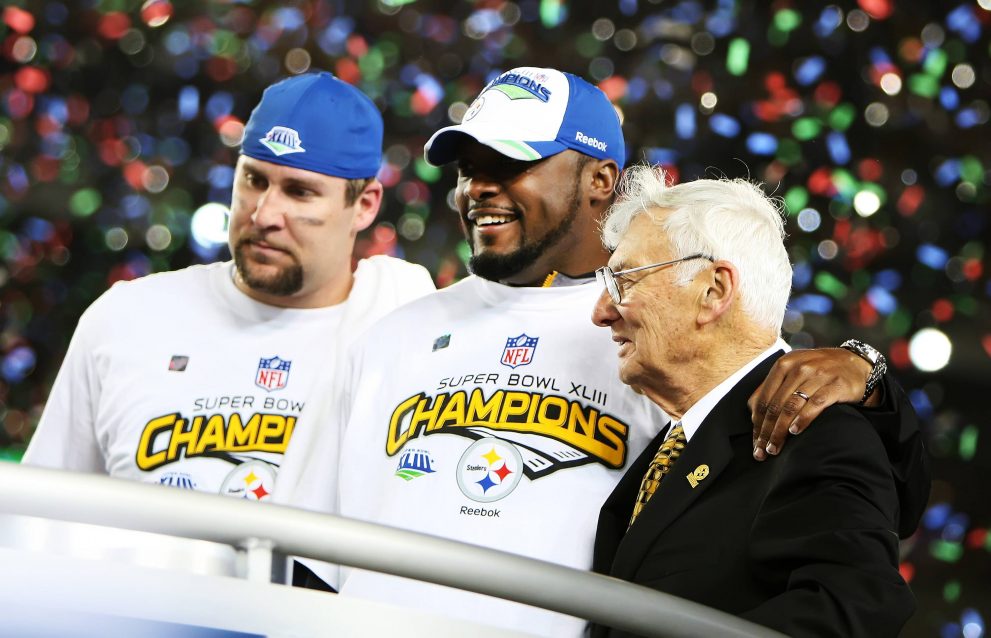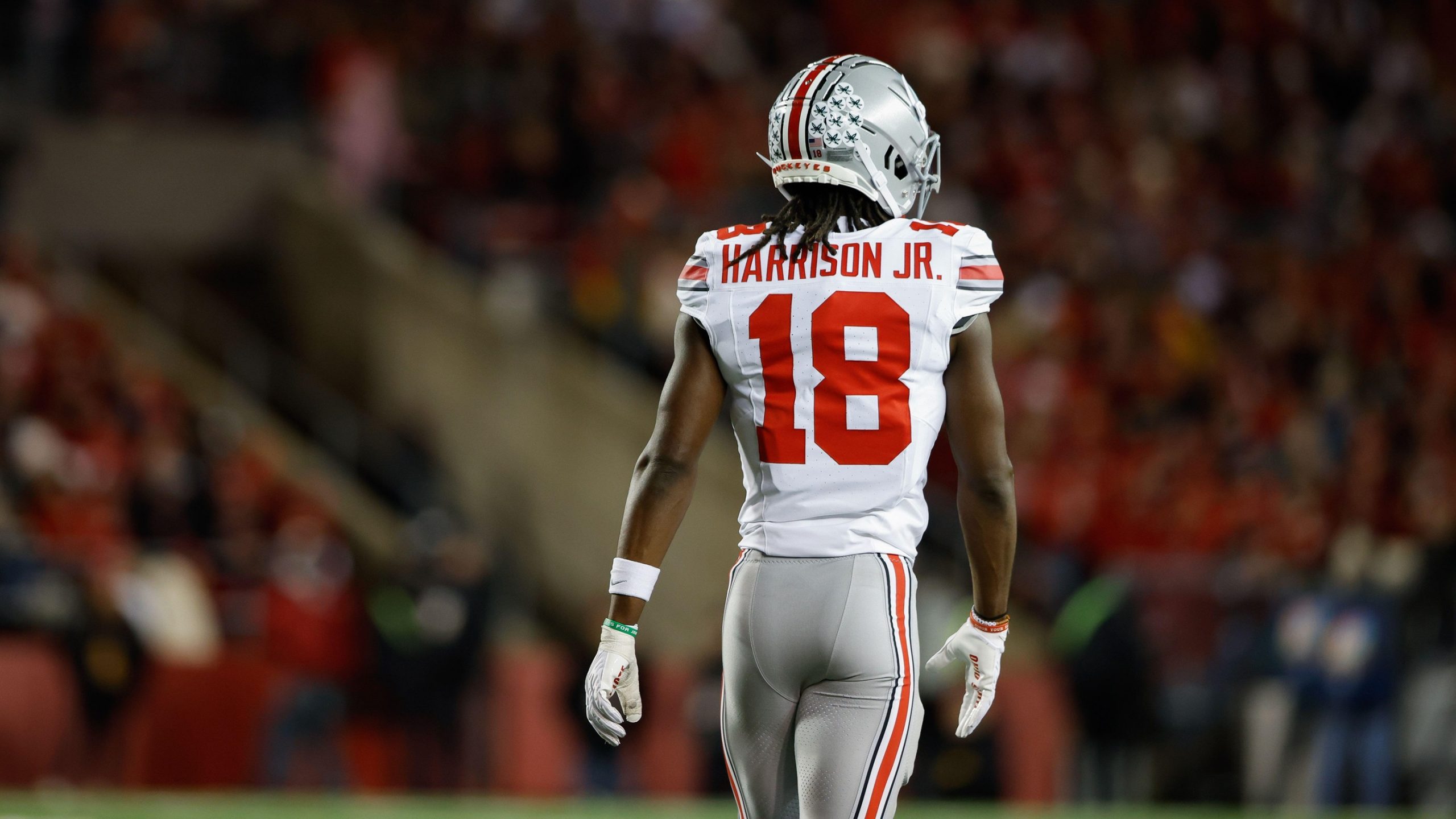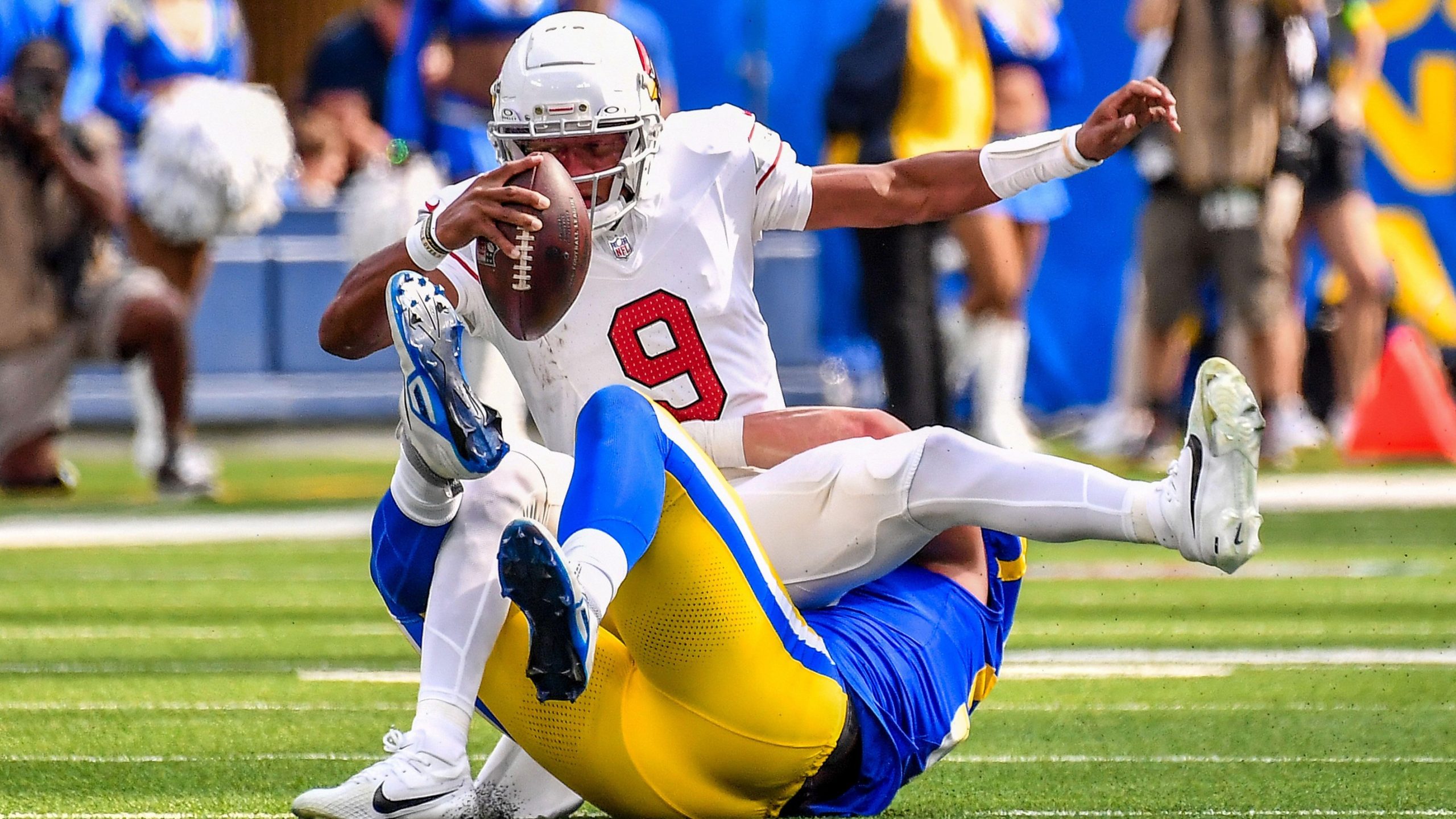Another allegation of NFL coach-hiring impropriety came to light last week when Mike Mularkey said the Titans delayed an announcement of his hiring in 2016 to conduct sham interviews with minority coaching candidates.
It’s the latest claim that NFL owners are not taking the Rooney Rule seriously, which has one of its creators frustrated.
Arizona State athletic director Ray Anderson, who helped implement the Rooney Rule while an executive with the Atlanta Falcons in 2003, said the minority coaching interview requirement is not working as intended.
“In that room, when we were talking about the Rooney Rule, what we talked about was: it can’t be short-lived; it can’t be tokenism; it’s got to be a deep and committed initiative that is sustainable,” Anderson said during a roundtable discussion on race and hiring in the NFL on Thursday at Arizona State University. “We thought we had agreement and promise to that, but over time, we reverted back to the same old practices.”
Anderson, who was the Executive Vice President of Football Operations for the NFL from 2007 to 2014, no longer wants late Steelers owner Dan Rooney’s name associated with the rule, because Rooney’s true goal was diversity and inclusion, while other owners do not share the same vision.
“I think they should take the Rooney name off the rule that now has no teeth,” Anderson said. “It’s an embarrassment. Mr. Dan Rooney was a real advocate and really meant to have change. I think it does a disservice to Mr. Rooney and the family. I would love to see them make change that is positive, but don’t utilize Mr. Rooney’s name any more because now when you think of the Rooney Rule, very frankly, it’s a negative perception. I think that’s offensive, personally. Mr. Rooney deserves much more.”
Thank you to everyone who attended and participated in today’s incredibly important conversation regarding the future of the #NFL! pic.twitter.com/t6MY9j6KXB
— Cronkite School (@Cronkite_ASU) April 8, 2022
Arizona State football coach Herm Edwards, who was the first Black coach of both the New York Jets and Kansas City Chiefs, said during the discussion that NFL owners have not shown enough initiative to step out of their bubble and consider more diverse candidates.
“Let’s call it what it is,” Edwards said. “What does your huddle look like? In other words, the five people that have influenced you the most thus far, what do they look like? When you think about ownership, who is in their huddle? Nobody looks like me.
“I’m not giving them an out, but when you have a huddle and you’re looking at everybody and go, ‘Oh, we all look alike, and we all kind of grew up the same way,’ how do you obtain knowledge? You can’t. You stay stuck on the merry-go-round. And it goes round and round and round. … They’ve got a group of 32 of them, and that’s their huddle. They’re tight. They’re really tight. When you look at it, well, who’s enforcing the change? They don’t have to change.”
.@Cronkite_ASU students engaging in a conversation about race and hiring in the NFL with Herm Edwards, Ray Anderson, Marvin Lewis and Bill Rhoden. really interesting perspectives from the panelists and thoughtful questions from the aspiring journos in attendance #CronkiteNation pic.twitter.com/hnhLBGwZqb
— Lina Washington (@LWashingtonTV) April 8, 2022
Marvin Lewis, the former coach of the Cincinnati Bengals and currently a special advisor to Edwards at Arizona State, echoed that sentiment.
“Are you listening to the right people?” Lewis said. “Because a lot of times (the owners) don’t know football. They know business. They’ve been very successful in business, and they think A and B, I can just plug them in. That’s not how it works with that. It’s a matter of, are they really taking the time to dig deep and find the right person to head their franchise?”
Edwards believes racial disparity in the head coaching and GM ranks will be prevalent for decades to come.
“I promise you, I’ll be long gone and somebody else will be up here 20 years from now,” Edwards said. “They’ll be going, ‘How about that National Football League? Why does it still look alike?’ That’s the heart of the problem. … They don’t want to grow. Why should they want to grow? I’ve got a billion-dollar team. Unless they force me to sell it and I do something silly, I’m good.
“That’s the National Football League. I hate to say that, because I worked in that industry for 30 years. It’s changed some, but at the end, they just kick the can down the road. … You think the owners are losing any sleep (over the underrepresentation)? They’re getting ready for the draft. They’re good. That’s the problem.”
Shocking stat by @Cronkite_ASU Dean Dr. Battinto L. Batts, Jr.
“Over the course of the history of the NFL, there’s been 500 head coaches hired; of that 500, only 24 have been African American.” pic.twitter.com/rQIMc28h4W
— Carlos Castillo (@C_Castillo79) April 8, 2022
Edwards and Anderson believe the NBA has made more strides than the NFL because ownership changes hands more often.
“There is not a lot of turnover at the NFL level over decades,” Anderson said. “Grandaddy, son, grandson, granddaughter. They all come up under the same beliefs, and they all come under the same sense of entitlement, the same sense that, unless they look like us, they probably shouldn’t be leading us. I think you have, in the NFL, just a long, deep history of folks not really open-minded. Until they are forced, either financially or legally, to make appropriate changes and opportunities available.”
Anderson holds onto a slim hope for improvement as younger, more progressive minds take over teams in coming years.
“It’s frustrating, and it’s been frustrating for decades,” Anderson said. “There is the potential, very high, that it’s going to be frustrating for years to come. But I want to believe that there are certain owners and there are certain family members of owners who will be in the succession line, who will break out of the caste system that they’ve grown in and been entitled to and been beneficiaries of. And say, ‘We’re going to make decisions on the best candidate, the best fit, not necessarily who looks like me.’”






